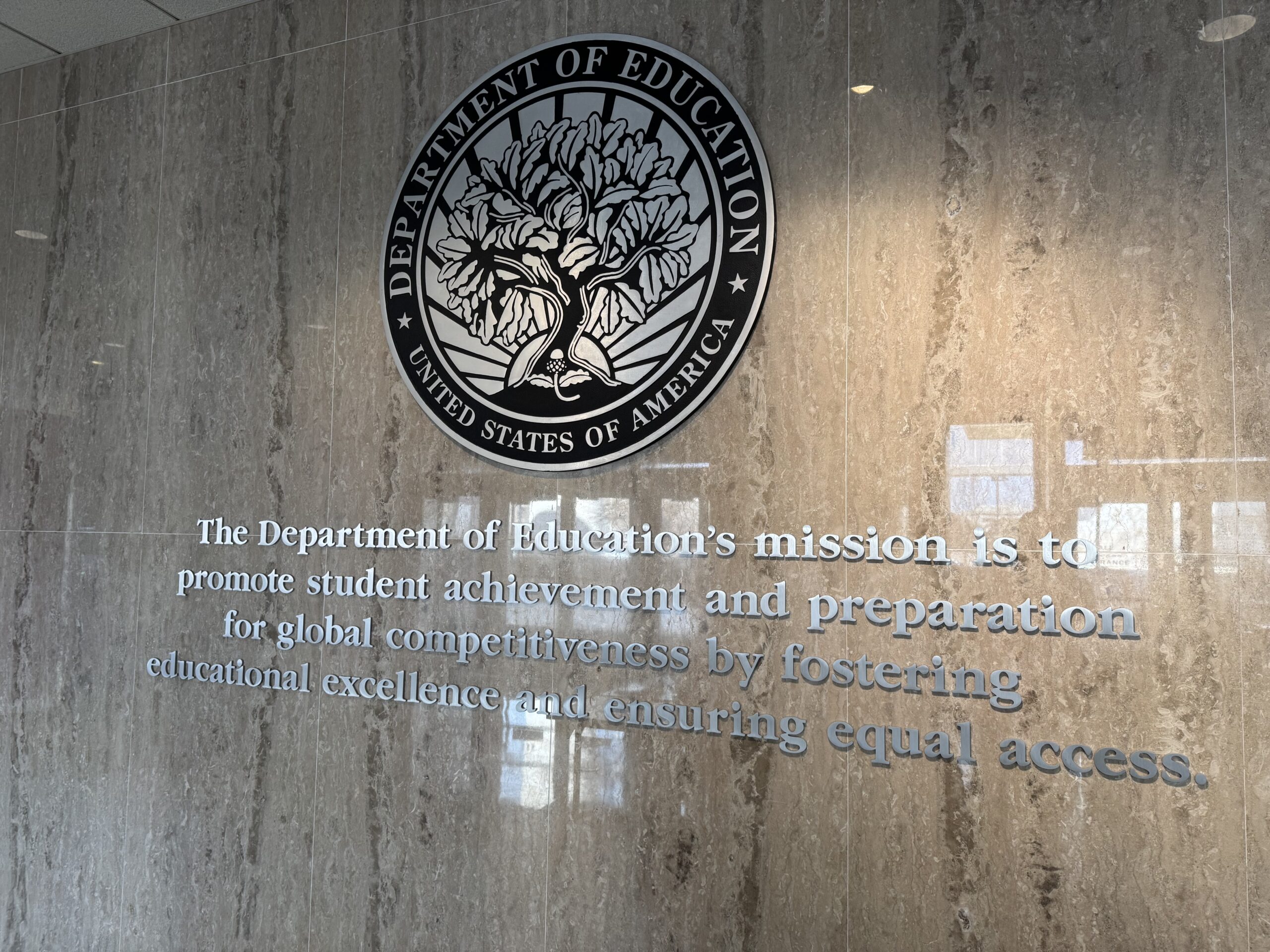High school seniors have recorded their lowest reading scores since 1992 and their worst math scores in two decades, according to the Department of Education's 2024 National Assessment of Educational Progress (NAEP). Only about 33 percent of students who began college this year demonstrated the reading skills necessary for college-level coursework.
Explainer As A Former DC Cop, The Federal Takeover Was The Right Move
Education Secretary Linda McMahon described the results as a "sobering and heartbreaking truth about the state of education in America," noting that academic achievement is at historic lows. She stated, "At a critical time right before students enter their next stage of life, more 12th graders are below the NAEP basic benchmark in math and reading than ever before."
The report reveals that 65 percent of high school seniors are not proficient in reading, with over one-third unable to summarize a passage or define key vocabulary. In math, 78 percent of seniors lack proficiency, with only 22 percent demonstrating adequate skills.
Sarah Parshall Perry, vice president and legal fellow at Defending Education, emphasized the implications of these scores, saying, "Only one in three high school graduates heading to college this year has the basic math and reading skills to succeed at the next level. For many, college has just become a lengthier and more expensive proposition as they scramble to catch up."
Despite these declining test scores, college admissions have increased. The NAEP data indicates that in 2024, only 33 percent of 12th graders were deemed "academically ready" for college math and 35 percent for reading, yet 53 percent were accepted into four-year institutions. This marks a slight increase from 2019, when 37 percent were considered ready in both subjects, and 51 percent were admitted to colleges.
In a statement earlier this year, McMahon pointed to Harvard University’s introduction of a remedial math program for undergraduates as indicative of broader issues. "Why is it, we ask, that Harvard has to teach simple and basic mathematics, when it is supposedly so hard to get into this ‘acclaimed university?’" she questioned.
Critics argue that these trends suggest colleges are lowering their standards while increasing tuition, raising concerns about the quality of education being provided. McMahon noted that the widening achievement gap cannot solely be attributed to the COVID-19 pandemic, stating, "Despite billions in federal spending and countless well-intentioned programs, the achievement gap between students is widening, not shrinking."
The Department of Education is advocating for a shift in control of education from federal to state levels, a move that has drawn criticism from some education advocates and media outlets. NPR, for instance, suggested that the decline in NAEP scores could be linked to budget cuts made during the Trump administration, although the scores released reflect the 2024 academic year under President Biden.
Parshall Perry concluded, "The social experimentation, lack of rigor, and identity politicking must end, if for no other reason than that we can no longer afford them." The ongoing debate over educational standards and college readiness continues as stakeholders seek solutions to address these pressing issues.
Why it matters
- High school seniors' reading and math scores are at historic lows, raising concerns about college readiness and educational standards.
- Only 33% of students entering college this year have the necessary reading skills, highlighting a significant achievement gap.
- The increase in college admissions despite low proficiency rates suggests potential lowering of academic standards in higher education.
What’s next
- The Department of Education is advocating for a shift in education control from federal to state levels, prompting ongoing debates.
- Stakeholders are seeking solutions to address the widening achievement gap and improve educational outcomes.
- Critics are calling for an end to perceived social experimentation in education as discussions on standards continue.

